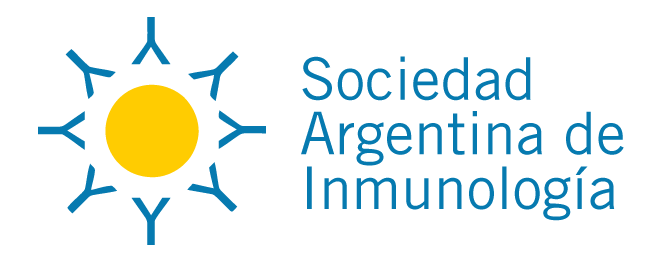Andreas Radbruch: Adaptive Immunity in COVID-19
Date: May 11, 2020
Time: 16:00 (UTC+2)
Adaptive Immunity: Memory, Protection and Immunopathology in COVID-19
What do we know about the adaptive immune reaction to Sars-CoV-2? Why do humans react so heterogeneously to Sars-CoV-2? Does the adaptive immune system provide protection and for how long? How can we challenge the system with a vaccine to establish longlasting, efficient immunity?
Watch the interview now and join the live webinar on Monday, May 11!
Presenter: Andreas Radbruch
As Scientific Director, Andreas Radbruch is in charge of the thematic orientation of the biomedical research at the DRFZ since Professor Andreas Radbruch is a biologist by training, having done his PhD at the Genetics Institute of Cologne University. He has been the Director of the German Rheumatism Research Centre Berlin, a Leibniz institute, since 1996 and Professor of Rheumatology at the Charité Medical School of the Humboldt University of Berlin since 1998.
Andreas Radbruch is the President of the European Federation of Immunological Societies (EFIS).
Moderator: Rita Carsetti
Rita Carsetti is the Head of the Diagnostic Immunology Unit and of the B cell pathophysiology Research Unit of the Bambino Gesù Children Hospital IRCCS in Rome. She has spent a large part of her scientific career in Germany, at the Max-Planck for Immunobiology in Freiburg. Thanks to the long experience in basic research combined with the clinical involvement, she has contributed to the understanding of important basic mechanisms of human B cell biology and function in health and disease. In the last years, she has been involved in several projects related to the development of the immune system in children and adults and the changes due to different types of immunodeficiency. She is also involved in increasing the knowledge and public awareness on vaccines and vaccination and collaborates with patient associations. She is a founding member of the European B cell network and is the chair of the PUB committee of the IUIS.



